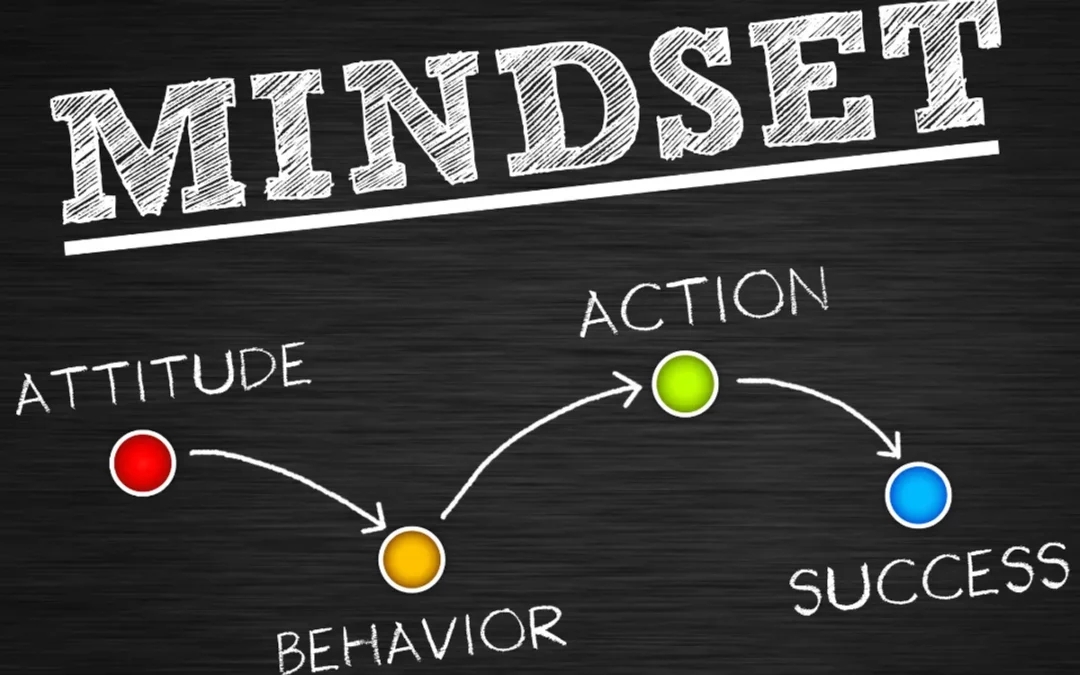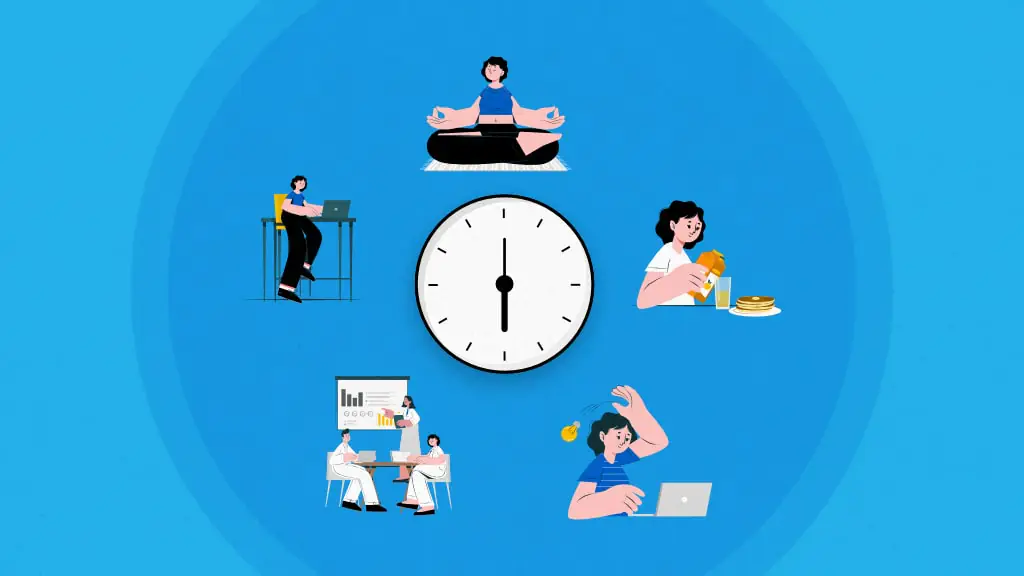In an ever-evolving world, the ability to learn continuously is more than just an advantage—it’s a necessity. Whether it’s keeping up with advancements in technology, improving personal skills, or adapting to changing career demands, a lifelong learning mindset empowers you to thrive in any environment.
Lifelong learning is about more than acquiring knowledge; it’s about cultivating curiosity, resilience, and a willingness to embrace growth. This article will guide you on how to develop and sustain a lifelong learning mindset, helping you unlock your full potential.

Why Lifelong Learning Matters
Lifelong learning offers numerous benefits, not only for career advancement but also for personal fulfillment and adaptability.
Key Benefits:
- Stay Relevant: In a rapidly changing world, continuous learning ensures you remain up-to-date with new technologies, trends, and best practices.
- Improve Cognitive Health: Engaging in learning activities keeps your brain active and reduces the risk of cognitive decline.
- Boost Confidence: Learning new skills builds self-esteem and equips you to tackle challenges with greater assurance.
- Enhance Personal Growth: Lifelong learners are more adaptable, open-minded, and resilient in the face of change.
1. Cultivate Curiosity
Curiosity is the driving force behind lifelong learning. It keeps you engaged and excited about discovering new things.
How to Cultivate Curiosity:
- Ask Questions: Challenge yourself to ask “why,” “how,” and “what if” to deepen your understanding of topics that interest you.
- Explore New Topics: Step outside your comfort zone and explore subjects you’ve never considered before.
- Engage in Conversations: Talking to people with diverse perspectives can spark curiosity and introduce you to new ideas.
Pro Tip: Keep a curiosity journal where you jot down questions, observations, or interesting facts you encounter daily.
2. Adopt a Growth Mindset
A growth mindset—the belief that abilities and intelligence can be developed through effort and learning—is essential for lifelong learners.
How to Foster a Growth Mindset:
- Embrace Challenges: View obstacles as opportunities to learn rather than threats to your abilities.
- Celebrate Effort: Focus on the process of learning, not just the outcome.
- Learn from Feedback: Use constructive criticism as a tool for improvement.
Example: Instead of saying, “I’m not good at math,” reframe it as, “I can improve my math skills with practice and patience.”
3. Set Clear Learning Goals
Goals provide direction and motivation for your learning journey. They help you stay focused and measure progress.
How to Set Effective Learning Goals:
- Be Specific: Define what you want to learn and why it matters.
- Example: “Learn Python to automate repetitive tasks at work.”
- Break It Down: Divide larger goals into smaller, actionable steps.
- Example: “Complete an online Python course in 6 weeks, practicing 1 hour daily.”
- Track Progress: Use tools like journals or apps to monitor your learning milestones.
Pro Tip: Regularly review and adjust your goals as you progress or discover new interests.
4. Make Learning a Habit
Consistency is key to lifelong learning. Turning learning into a daily habit ensures steady growth over time.
How to Build a Learning Routine:
- Dedicate Time: Set aside specific time slots for learning, whether it’s 30 minutes in the morning or during lunch breaks.
- Incorporate Microlearning: Use short, focused lessons through apps or podcasts to fit learning into busy schedules.
- Create a Learning Environment: Designate a quiet, comfortable space free from distractions for your study sessions.
Example: Use your commute time to listen to audiobooks or educational podcasts.
5. Leverage Technology and Resources
The digital age has made lifelong learning more accessible than ever. From online courses to mobile apps, there’s no shortage of resources to fuel your curiosity.
Tools for Lifelong Learning:
- Online Learning Platforms: Coursera, Udemy, and edX offer courses on a wide range of topics.
- Mobile Apps: Duolingo for languages, Blinkist for book summaries, or Khan Academy for academic subjects.
- Podcasts and Videos: TED Talks, YouTube tutorials, and industry-specific podcasts provide bite-sized, engaging content.
- Virtual Communities: Join online forums, social media groups, or LinkedIn communities to connect with fellow learners.
Pro Tip: Use learning management tools like Notion or Evernote to organize your materials and track progress.
6. Embrace Lifelong Learning in Your Career
Continuous learning is essential for staying competitive in today’s job market. It enhances your skill set and prepares you for new opportunities.
Strategies for Career Learning:
- Pursue Professional Development: Attend workshops, conferences, or certification programs relevant to your field.
- Seek Mentorship: Learn from experienced professionals who can provide guidance and share their knowledge.
- Stay Informed: Subscribe to industry newsletters or journals to keep up with trends and innovations.
Example: If you’re in marketing, consider learning data analytics to stay ahead in a data-driven world.
7. Learn from Failure
Failure is an inevitable part of learning, but it’s also one of the most valuable teachers. Viewing setbacks as opportunities for growth helps you persevere and improve.
How to Learn from Failure:
- Analyze What Went Wrong: Identify specific areas for improvement.
- Focus on the Lessons: Shift your perspective from “I failed” to “I learned.”
- Keep Trying: Use failure as motivation to refine your approach and try again.
Pro Tip: Keep a “lessons learned” log to document insights gained from setbacks and how you plan to apply them in the future.
8. Foster a Supportive Learning Community
Surrounding yourself with like-minded individuals can enhance your learning experience. A supportive network encourages accountability, collaboration, and shared growth.
Ways to Build a Learning Community:
- Join Study Groups: Collaborate with others to discuss ideas, share resources, and solve problems.
- Participate in Workshops: Engage in hands-on learning experiences where you can interact with peers.
- Use Social Media: Follow thought leaders, join discussion groups, or participate in webinars.
Example: Join a book club to exchange perspectives and learn from others’ interpretations of the same material.
9. Stay Open to New Experiences
Lifelong learning isn’t limited to formal education. Some of the most valuable lessons come from life experiences, hobbies, and exploration.
How to Embrace New Experiences:
- Travel: Visiting new places exposes you to different cultures, ideas, and perspectives.
- Try Hobbies: Take up a creative or physical activity, such as painting or hiking, to learn new skills.
- Volunteer: Engaging in community service broadens your understanding of social issues and strengthens empathy.
Pro Tip: Step out of your comfort zone regularly to discover untapped potential and interests.
10. Reflect and Celebrate Progress
Reflection is a powerful tool for reinforcing learning. It helps you evaluate your journey, celebrate achievements, and identify areas for further growth.
Reflection Techniques:
- Journaling: Write about what you’ve learned, challenges faced, and how it applies to your life.
- Self-Assessments: Regularly review your goals and progress.
- Celebrate Milestones: Acknowledge and reward yourself for reaching key achievements.
Example: After completing an online course, reflect on how the knowledge gained has enriched your skills or perspective.

Conclusion: The Path to Lifelong Growth
Developing a lifelong learning mindset is a transformative journey that opens doors to endless possibilities. By cultivating curiosity, embracing challenges, and leveraging available resources, you can turn learning into a lifelong habit that enriches both your personal and professional life.
Remember, the key to lifelong learning lies in consistent effort, adaptability, and a genuine love for growth. Start small, stay curious, and watch as your commitment to learning transforms your life, one step at a time.
Discover more from Personal Blog of Richard Tong
Subscribe to get the latest posts sent to your email.




